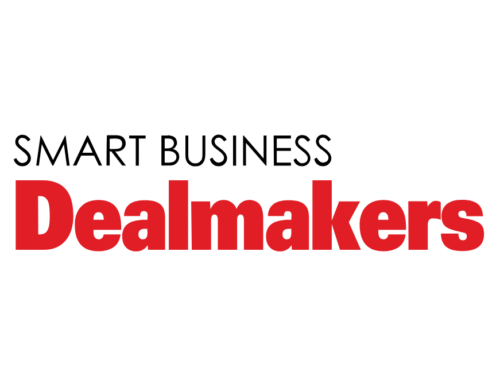In this week’s Best Money Moves roundup, we take a look at news stories and new research studies that may impact employee benefits and HR issues. We hope you find this news roundup helpful, and we’d love your feedback.
Are you ready to take an active role in your employees’ retirement planning?
Workers face a lot of challenges when it comes to saving for the future. When folks are living paycheck-to-paycheck and aren’t sure if they can make ends meet, contributing to a 401(k) plan they don’t completely understand just isn’t a priority. Employers see the financial stress their people are facing and want to do something about it, to protect their teams, increase productivity and improve retention rates.
Lots of business owners and HR departments are already doing more to improve the financial well-being of their employees by offering benefits like on-site childcare, flexible work hours and the ability to work remotely, but there’s more that can be done when it comes to retirement support.
From automatic enrollment to greater access to defined contribution plans, here are some things you can do to help your employees retire well.
Best Money Moves is a semifinalist for the title of “Next Great HR Technology Company!” We’re really thrilled to be in the running, and we need your help to make it all the way to the finals in Las Vegas next month. Vote for BMM here and spread the word!
More Americans are feeling confident about their financial situations. Unfortunately, many of them are underestimating their costs of living in retirement. Here’s what your workers need to know.
“Brownout” is affecting your employees. It might not be as serious as burnout, but disengaged workers can be problematic for your office. Learn how to turn morale around.
Are you responsible for your employees’ financial know-how? Legally no, but financial wellness programs are integral to employee happiness and retention. Read this, and then get started.
Mental health programs help employees. Since 20 percent of millennial workers (and 16 percent of baby boomers and Gen Xers) report being depressed, it’s your responsibility to help destigmatize mental illness in your workplace. Acknowledge what your people are going through.
Serious illnesses such as cancer are difficult to manage, especially in the workplace. Each case is unique, but there are some tried-and-true methods for helping your employees through health challenges. Learn how to have a compassionate conversation.
Opioid addiction is officially a national emergency. It’s one of the major reasons men ages 25 to 54 have dropped out of the workforce, and companies in certain parts of the country are feeling the effect. Here’s what this could mean for you.
Americans have a problem with financial literacy. Questions related to long-term financial planning (like preparing for healthcare in retirement, claiming Social Security and buying life insurance) appear to be the biggest hurdle, according to a new survey. It’s clear financial wellness is more important than ever.
Focusing on holistic wellness programs works. Covering physical, mental and financial health, these programs boost employee engagement and loyalty, says the latest Business of Healthy Employees survey. See how your company could benefit.
Have something to add? Email info@bestmoneymoves.com.





